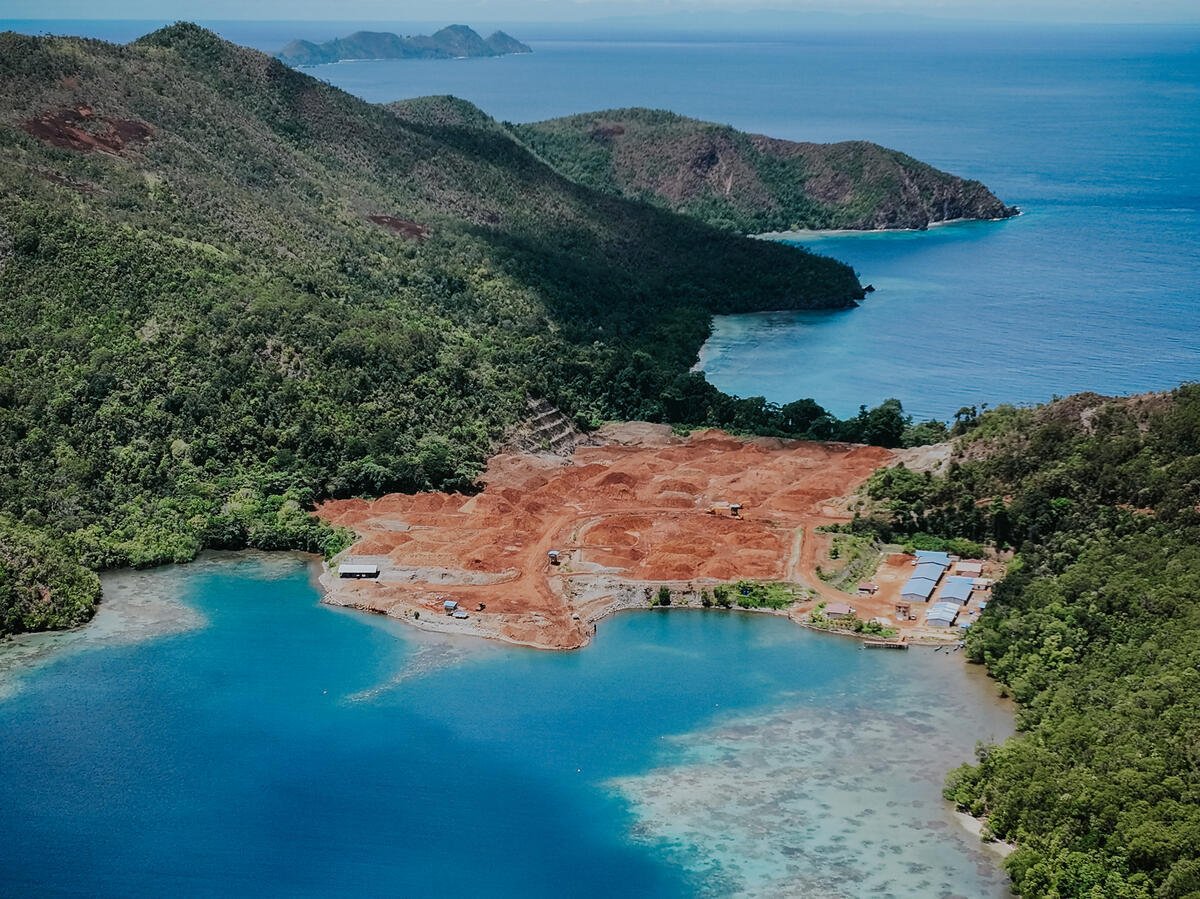The Importance of Climate Justice and Liability
When we think of the climate crisis, we often only see it as an environmental issue. What many of us fail to consider is that it is also a human rights issue. With climate justice, we shed light on how climate change affects us politically and socially as well.
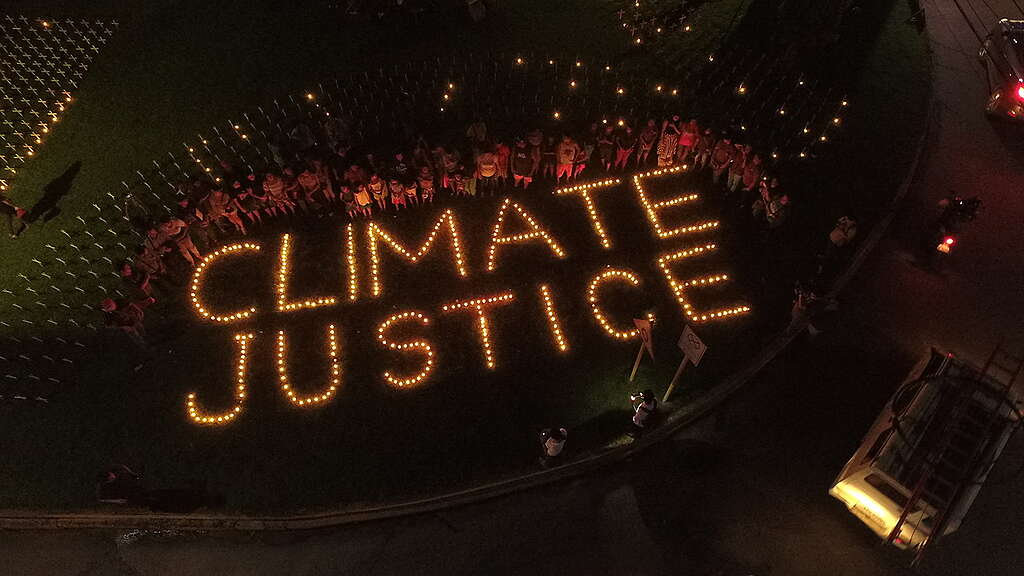
What is climate justice?
While the climate crisis is a global issue, that doesn’t mean that it affects everyone equally. There are regions across the world that are more vulnerable to the dangers of climate change, with Southeast Asia being one of the most susceptible. Situated near the equator, lined with long coastlines, and populated with low-lying areas, these factors put the region’s almost 686 million population at the mercy of rising sea levels and extreme weather.
The world’s deadliest typhoons in the past few decades alone have made landfall in the Philippines. From 2015-2020, Southeast Asia experienced the strongest droughts recorded in the region, with over 70% of the land area affected at its peak. Economic hubs like Bangkok, Manila, and Jakarta are slowly sinking as the surrounding seas rise.
What’s worse is that these vulnerable regions, while already taking the brunt of the environmental impacts of climate change, are also the most exploited by people in power. And this disparity is not accidental, it is by design. The climate injustice is tied closely to economic inequality.
It is an undeniable fact that the poorest nations that have contributed the least to the climate crisis are suffering the most when it is the rich countries of the Global North who are to blame for the majority of the world’s carbon emissions that are experiencing its effects the least.
Big Polluters aka fossil fuel giants like Shell and ExxonMobil, who have made billions of dollars over the years through their exploitation of natural resources and contribution to carbon emissions, have continued to deny and lie about their role in accelerating the climate crisis.
Which is why climate justice is so important. It is about addressing the unfairness, balancing the scales, and putting equity and human rights at the forefront of climate change action and decision-making.
At its core, it is holding these wealthy countries, businesses, and industries that have made a fortune through emitting greenhouse gases accountable for their actions. It is about getting them to help the communities that they have affected and are suffering from their carbon footprint the most.
Enacting climate justice
Climate justice isn’t just as simple as dividing the responsibility for addressing climate change fairly; it must also do so while addressing different inequalities, such as systemic, socioeconomic, and intergenerational.
Gender, race, ethnicity, and socioeconomic status can affect how one is affected by climate change. Most vulnerable are women, who have access to fewer resources compared to men as they are subjected to the effects of gender-based discrimination; people with disabilities, who are the most adversely affected by emergencies and ironically have the least access to emergency support; and Indigenous Peoples, who often live in and protect the biodiverse lands, who are facing increased threats to their lives, livelihoods, and culture.
Children and youth will bear the full force of climate change despite their non-existing or insignificant contribution to the climate crisis.
All of this is to emphasise the importance of tackling climate change as a human rights issue, first and foremost.
When we develop action points, draft treaties, and enact movements, these solutions must consider the different challenges that face multiple and varying communities, especially vulnerable minorities.
Just transition is an important aspect of climate justice. The solutions that we propose must be adaptable, just, and sustainable. It’s not only about focusing on the appropriate monetary reparations but also empowering everyone to move towards an eco-friendlier lifestyle that is fair for everyone—including the people that work in the polluting industries.
While working towards climate justice is not an easy path, it’s not impossible. Even here in our region, the movement to achieve climate justice is taking root and even bearing fruit, setting a precedent for other nations to follow.
Moving from climate justice to reparation
In the Philippines, climate justice isn’t just an abstract concept. We’re making moves to actually hold Big Polluters accountable. Greenpeace Southeast Asia, along with numerous other concerned organisations and eco-warriors, filed a landmark petition asking the Commission of Human Rights (CHR) to investigate both a general issue—“the human rights implications of climate change and ocean acidification and the resulting rights violations in the Philippines”—and the more specific one—“whether the investor-owned Carbon Majors have breached their responsibilities to respect the rights of the Filipino people.”
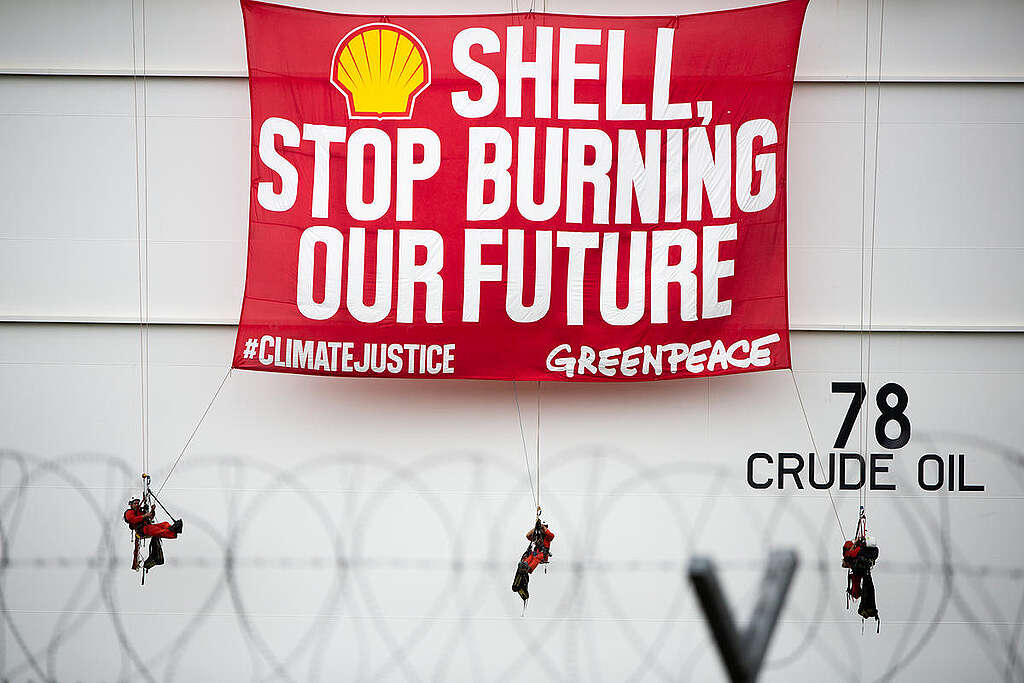
A historic move, this petition kickstarted the first ever human rights investigation into corporate responsibility for climate change with favourable results, with the CHR’s findings giving legal grounds to hold the 47 investor-owned fossil-fueled corporations (the Carbon Majors companies) responsible for human rights harms that result from their actions triggering climate change.
Greenpeace protestors and other activists are also taking action on the ground through organised blockades to impede the operations of giants like Shell Philipinas Corporation. They demand that the government make these fossil fuel companies pay for the losses and damages experienced by impacted communities.We have also established a platform called the Museum of Climate Justice for those who have been disproportionately affected by the climate crisis to share their stories and inspire others to show solidarity with these communities and become advocates for change.
How you can help achieve climate justice
While the movement towards climate justice calls for a more systemic change and transition, there are actions that we can take individually to support this fight.
1. Recognise climate change victims. By sharing and uplifting their experiences, we can rally greater support and a chance to achieve justice in the court of law.
2. Hold Big Polluters accountable. We have let these climate terrorists escape responsibility for their human rights violations for too long. Rather than accepting half-baked answers and fruitless voluntary efforts, it’s time to demand that they assume responsibility and make the necessary reparations towards affected communities.
3. Ensure that affected communities are included in the planning and decision-making of climate change actions. This is to guarantee fair representation and diversity to achieve true climate justice and liability.
4. Organise climate justice events to spread more information and gather future eco-warriors for the cause.
5. Join Greenpeace as a supporter or volunteer with Greenpeace
-
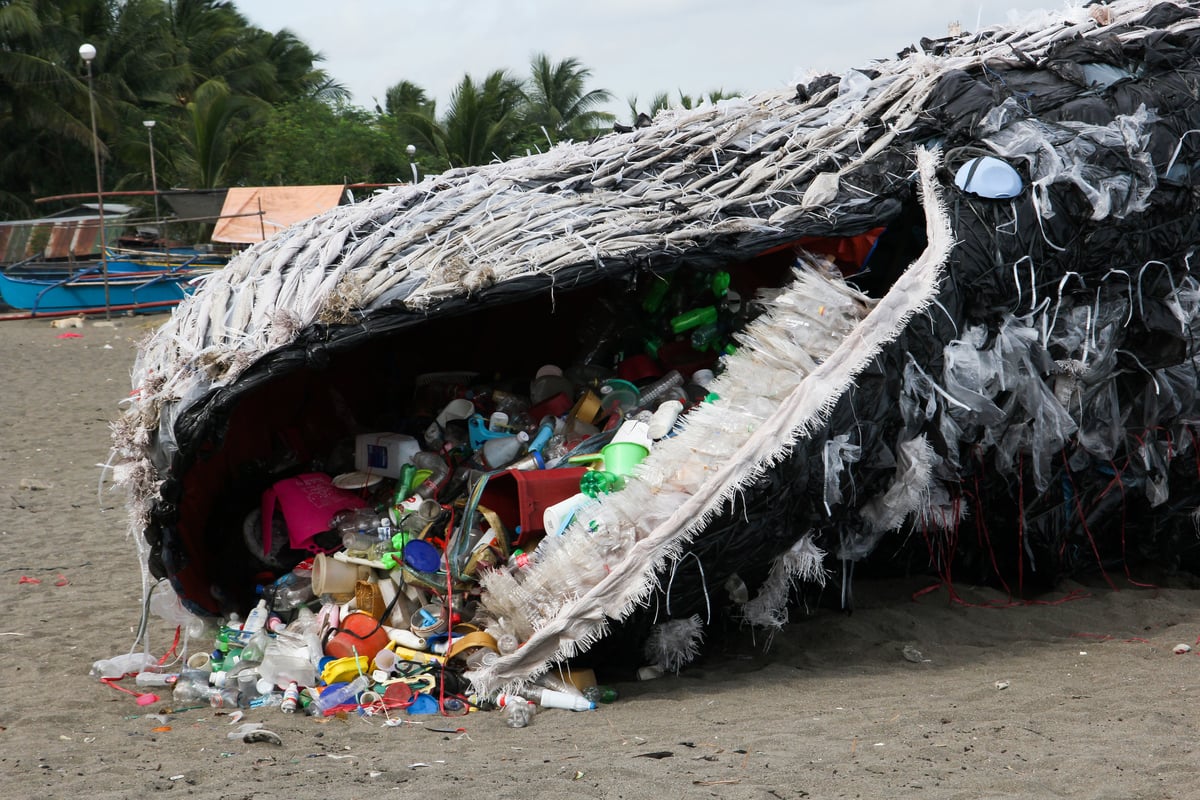
Let’s end the age of plastic!
Ask world leaders to support a strong global plastic treaty that addresses the whole life cycle of plastic.
-
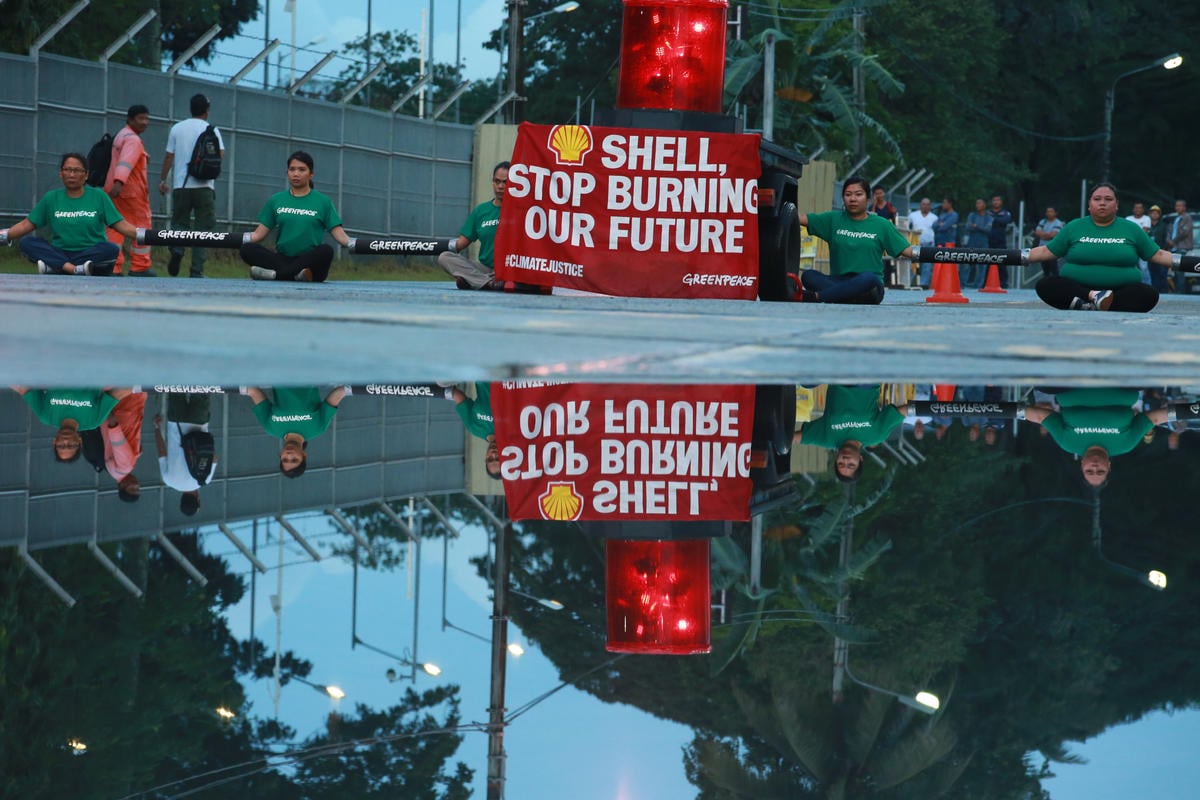
Make polluters pay
Let’s stand with Filipino communities calling for an end to fossil fuels and payment for climate damages.
-

Do you know where your seafood comes from?
Hey Jerry Chou – it’s time to do your part to protect fisheries workers and our oceans.
-
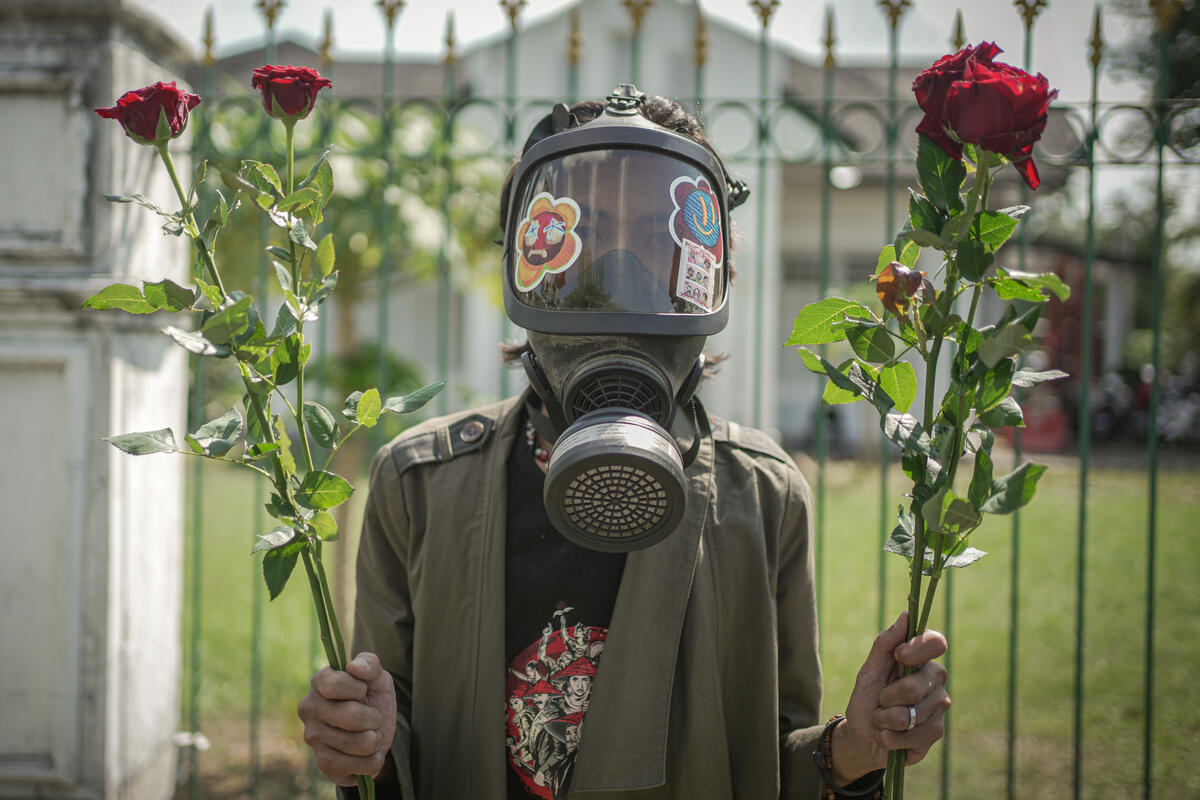
Indonesian Court Delivers Blow to South Sumatra Smoke Haze Victims and to Environmental Justice
In a deeply disappointing decision, the Palembang District Court in Sumatra has rejected a lawsuit filed by dozens of smoke haze victims.
-
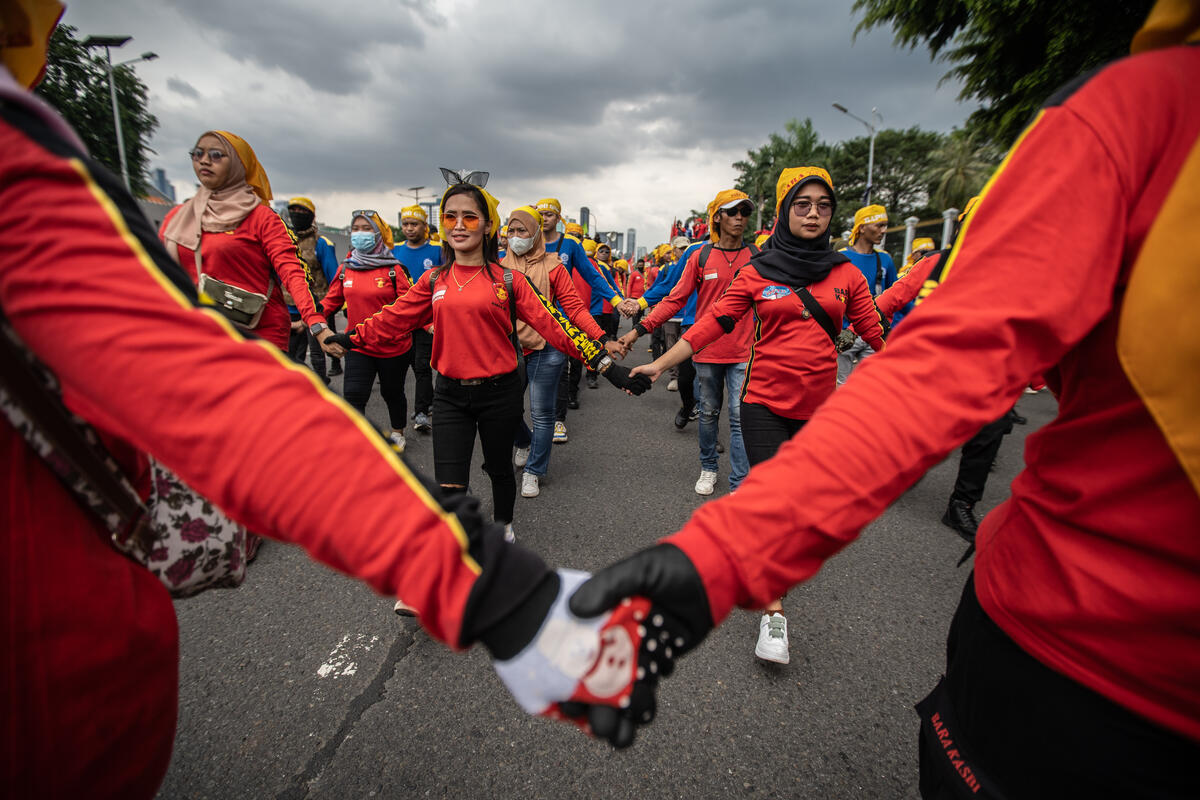
Resilience and Renewal: Journeying Towards a Green and Just Future
We invite you to explore our Coffee Book to find inspiration in each narrative and to see hope as a catalyst for action. These stories go beyond recounting past experiences; they call upon us to reflect on our shared responsibilities and to carry forward the lessons learned.
Keep learning about
Keep me posted!
Sign up as a Greenpeace supporter to get the latest updates and action alerts in your country.

